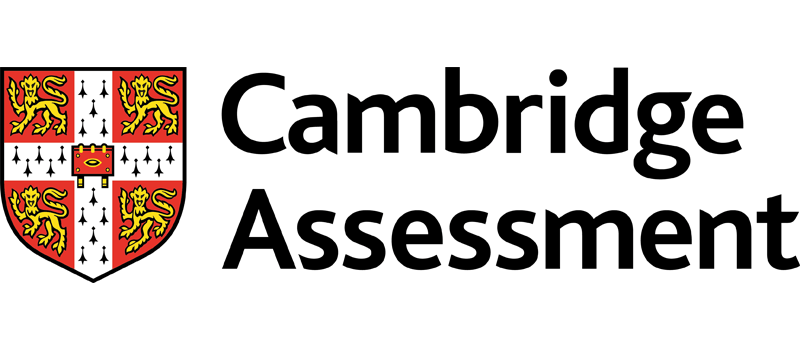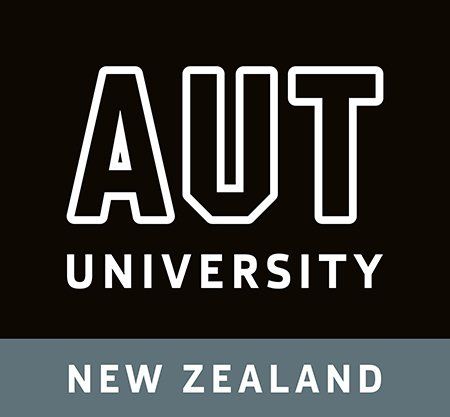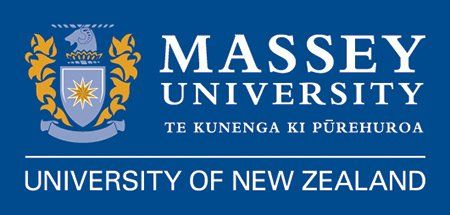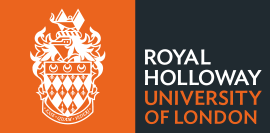
Implementing Facility, Maintenance and Asset Management (IFMAM Workshop 1, 2 & 3)
Course ID: 2509087101266EGI
Course Dates : 08/09/25 Course Duration : 15 Studying Day/s Course Location: Dubai, UAE
Language: Bilingual
Course Category: Professional and CPD Training Programs
Course Subcategories: Leadership and Management Excellence
Course Certified By: * Projacs Academy
* Professional Training and CPD Programs
Certification Will Be Issued From :
KSA
Course Fees: £8,709.02
Vat Not Included in the price. VAT may vary depending on the country where the course or workshop is held.
Click to Pay
Date has passed please contact us Sales@e-s-hub.com
Course Information
Introduction
Facility, maintenance, and asset management are critical components of organizational success, influencing operational efficiency, cost-effectiveness, and sustainability. These disciplines ensure that physical assets—ranging from buildings and machinery to IT systems—are maintained in optimal condition to support business objectives. For industries such as manufacturing, healthcare, hospitality, and logistics, the effective management of facilities and assets is not merely a support function but a strategic imperative. Yet, despite its importance, many organizations struggle with fragmented processes, outdated practices, and insufficient integration between facility operations and broader organizational goals.
A significant challenge in this domain lies in bridging the gap between theoretical frameworks and practical implementation. For instance, while Total Productive Maintenance (TPM) and Reliability-Centered Maintenance (RCM) have been widely recognized for their potential to enhance asset performance, their adoption often falters due to a lack of structured training or alignment with organizational culture. Similarly, the rise of digital technologies like IoT, predictive analytics, and Building Information Modeling (BIM) has introduced new opportunities for innovation, but these advancements require specialized knowledge to be effectively leveraged. This course addresses these gaps by providing participants with a comprehensive understanding of modern methodologies and tools.
Consider the case of a multinational manufacturing firm that implemented a predictive maintenance program using IoT sensors. By analyzing real-time data on equipment performance, the company reduced unplanned downtime by 30% and extended the lifespan of critical assets. Such outcomes underscore the transformative potential of integrating advanced maintenance strategies with robust asset management practices. However, achieving similar results requires more than technical expertise; it demands a holistic approach that considers regulatory compliance, stakeholder engagement, and financial constraints.
The benefits of mastering facility, maintenance, and asset management extend beyond operational improvements. For individuals, this expertise enhances career prospects by positioning them as indispensable contributors to organizational growth. Professionals equipped with these skills can lead initiatives that align asset performance with strategic priorities, driving innovation and competitive advantage. Organizations, on the other hand, stand to gain through improved resource utilization, reduced lifecycle costs, and enhanced resilience against disruptions—a particularly relevant consideration in an era marked by supply chain volatility and environmental concerns.
Drawing on established theories such as the ISO 55000 standards for asset management and the Plan-Do-Check-Act (PDCA) cycle, this course provides a rigorous foundation for participants to build upon. It also incorporates insights from industry trends, including the growing emphasis on sustainability and the circular economy. By exploring how these principles intersect with day-to-day operations, participants will develop the ability to craft solutions that are both pragmatic and forward-thinking.
Ultimately, this course serves as a bridge between theory and practice, equipping participants with the tools and confidence needed to tackle complex challenges. Whether addressing aging infrastructure, optimizing energy consumption, or navigating regulatory requirements, attendees will emerge with actionable strategies that deliver measurable value. Through interactive workshops, case studies, and hands-on exercises, the program fosters a dynamic learning environment where participants can refine their skills and share best practices with peers from diverse backgrounds.
Objectives
By attending this course, participants will be able to:
Analyze the key principles of facility management and their application in various organizational contexts.
Evaluate the effectiveness of existing maintenance strategies and propose improvements based on industry benchmarks.
Design integrated asset management plans aligned with ISO 55000 standards and organizational objectives.
Apply predictive maintenance techniques using IoT-enabled tools and data analytics platforms.
Implement sustainable practices that reduce environmental impact while enhancing operational efficiency.
Assess compliance risks related to health, safety, and regulatory requirements in facility operations.
Synthesize insights from case studies to develop innovative solutions for real-world challenges.
Who Should Attend?
This course is ideal for:
Facility managers seeking to enhance their leadership capabilities and operational expertise.
Maintenance engineers and technicians looking to adopt cutting-edge technologies and methodologies.
Asset managers responsible for optimizing the lifecycle performance of physical assets.
Sustainability officers aiming to integrate eco-friendly practices into facility operations.
Project managers overseeing large-scale infrastructure projects requiring meticulous planning and execution.
Training Method
• Pre-assessment
• Live group instruction
• Use of real-world examples, case studies and exercises
• Interactive participation and discussion
• Power point presentation, LCD and flip chart
• Group activities and tests
• Each participant receives a 7” Tablet containing a copy of the presentation, slides and handouts
• Post-assessment
Program Support
This program is supported by:
* Interactive discussions
* Role-play
* Case studies and highlight the techniques available to the participants.
Daily Agenda
The course agenda will be as follows:
• Technical Session 08.30-10.00 am
• Coffee Break 10.00-10.15 am
• Technical Session 10.15-12.15 noon
• Coffee Break 12.15-12.45 pm
• Technical Session 12.45-02.30 pm
• Course Ends 02.30 pm
Course Outlines
Foundations of Facility and Maintenance Management
Day 1: Introduction to Facility Management Frameworks, Stakeholder Engagement, Space Utilization Strategies, Compliance Basics
Day 2: Maintenance Types (Preventive, Corrective, Predictive), TPM Principles, RCM Methodology, Performance Metrics
Day 3: Lifecycle Cost Analysis, Budgeting for Facilities, Risk Assessment Techniques, Emergency Preparedness
Day 4: Technology Integration (IoT, BIM), Data Collection Methods, Reporting Tools, Digital Twins
Day 5: Case Studies on Successful Facility Overhauls, Group Discussions, Q&A Session
Week 2
Workshop 2:
Advanced Asset Management Practices
Day 6: ISO 55000 Overview, Strategic Asset Planning, Value Creation Models, Governance Structures
Day 7: Condition Monitoring Systems, Failure Mode Analysis, Spare Parts Inventory Optimization, Vendor Management
Day 8: Energy Efficiency Measures, Carbon Footprint Reduction, Renewable Energy Integration, Green Certifications
Day 9: Legal and Regulatory Compliance, Safety Standards, Auditing Procedures, Incident Response Protocols
Day 10: Real-World Applications of Asset Management, Interactive Simulations, Peer Feedback Sessions
Week 3
Workshop 3:
Implementation and Continuous Improvement
Day 11: Change Management Strategies, Communication Plans, Resistance Mitigation, Leadership Skills
Day 12: Lean Six Sigma in Maintenance, Process Mapping, Root Cause Analysis, Kaizen Events
Day 13: Benchmarking Against Industry Leaders, KPI Development, Dashboard Creation, Trend Analysis
Day 14: Future Trends in FM and AM (AI, Automation, Circular Economy), Innovation Roadmaps, Scenario Planning
Day 15: Final Presentations, Course Recap, Certification Ceremony



















































